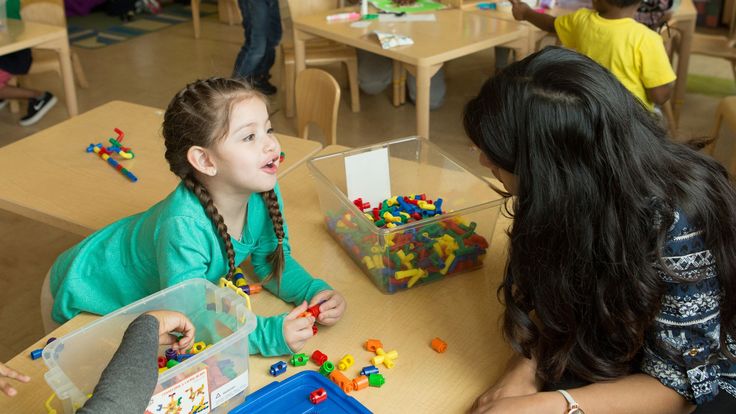Education
Psychologists
Psychologists are professionals who study human behavior, cognitive processes, and emotional experiences. They apply scientific methods to understand, explain, and influence individual and group behavior in various contexts. Key areas of psychology include: Roles and responsibilities of psychologists: Psychologists play crucial roles in various sectors, including healthcare, education, business, and government, contributing to improved mental […]
Education
Provocateurs
Provocateurs are individuals who deliberately provoke or challenge others, often with the intention of eliciting a reaction or stimulating discussion. In educational and intellectual contexts, provocateurs can play a valuable role in encouraging critical thinking, challenging assumptions, and promoting deeper engagement with ideas. Characteristics of provocateurs: The role of provocateurs in education: While provocateurs can […]
Education
Prosocial Behaviors
Prosocial behaviors are voluntary actions intended to benefit others or society as a whole. These behaviors are fundamental to positive social interactions, community building, and the overall well-being of individuals and groups. Types of prosocial behaviors include: Factors influencing prosocial behaviors: Promoting prosocial behaviors is crucial in educational settings, as it fosters positive classroom environments, […]
Education
Prosocial Babies
Prosocial babies refer to infants who display early signs of empathy, cooperation, and helping behaviors. This concept is rooted in developmental psychology and explores the innate tendencies of humans to engage in positive social interactions from a very young age. Key characteristics of prosocial babies include: Research on prosocial babies suggests that: Understanding prosocial tendencies […]
Education
Progress Reports
Progress reports are formal documents that provide information about the status, development, or advancement of a particular project, student, or initiative. In educational settings, progress reports are commonly used to communicate student performance and growth to parents, guardians, and other stakeholders. Key components of educational progress reports: Benefits of progress reports: Effective progress reports provide […]
Education
Proficiencies
Proficiencies refer to the levels of skill, knowledge, or competence that an individual has achieved in a particular area. In educational contexts, proficiencies are often used to measure and describe student performance and readiness for advanced learning or real-world application of skills. Key aspects of proficiencies include: Proficiencies are often categorized into levels, such as: […]
Entertainment News
Procedures
Procedures are step-by-step instructions or established methods for carrying out specific tasks or activities. They are essential in various fields, including education, business, healthcare, and scientific research, as they provide consistency, efficiency, and quality control. Key aspects of procedures include: Benefits of well-defined procedures: In educational settings, procedures are crucial for classroom management, administrative tasks, […]
Entertainment News
Procedural Safeguards
Procedural safeguards are protective measures designed to ensure fairness, consistency, and adherence to legal rights in various processes, particularly in education and legal contexts. These safeguards are crucial for protecting the rights of individuals, especially those who may be vulnerable or disadvantaged. In special education, procedural safeguards include: Procedural safeguards serve to: Understanding and implementing […]
Education
Procedural Due Process Rights
Procedural due process rights are constitutional protections guaranteed to individuals in legal proceedings, ensuring fair treatment and the opportunity to be heard before any deprivation of life, liberty, or property. These rights are fundamental to the concept of justice in many legal systems, particularly in the United States. Key elements of procedural due process include: […]
Education
Problem-Solving Questions
Problem-solving questions are a type of inquiry designed to stimulate critical thinking, creativity, and analytical skills. These questions present scenarios or challenges that require the respondent to apply knowledge, reasoning, and sometimes unconventional thinking to arrive at a solution. Characteristics of effective problem-solving questions: Examples of problem-solving questions in different contexts: Problem-solving questions are valuable […]














